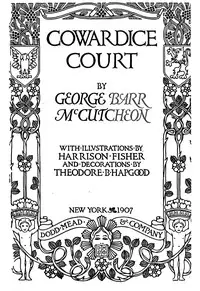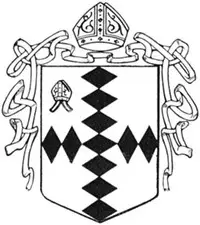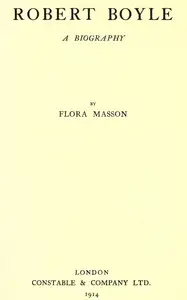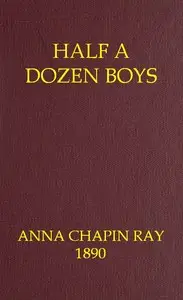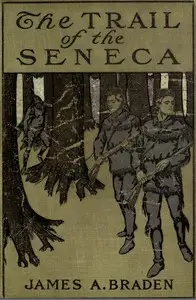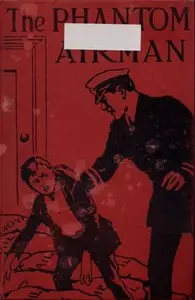"Conscience" by Eliza Lee Cabot Follen is a moral tale likely written in the early to mid-19th century. This book serves as a moral instruction aimed primarily at young readers, illustrating the importance of conscience and the distinction between right and wrong through a series of relatable stories and anecdotes. It intricately examines how personal choices, even seemingly trivial ones, can have significant consequences, thus emphasizing ethical living. The narrative focuses on two primary storylines intertwined with lessons of integrity and kindness. In the first, two schoolboys, Frank and Harry, struggle with feelings of revenge against a classmate, John Green, who has humiliated them. Their mother instills in them the value of responding to wrongs with kindness, ultimately leading to a moment of compassion that transforms their attitude. The second storyline follows George Pratt, who, through neglecting a simple duty, inadvertently causes the wrongful accusation of a young man, Harry Brown, leading him to join the military out of despair. Both stories converge on the theme that no act of conscience is insignificant, reinforcing the notion that a good conscience can bring peace even amidst trials and tribulations. The book serves as an engaging moral compass for readers, urging them to reflect on their own actions and the moral implications they carry. (This is an automatically generated summary.)
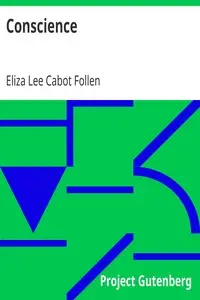
Conscience
By Eliza Lee Cabot Follen
"Conscience" by Eliza Lee Cabot Follen is a moral tale likely written in the early to mid-19th century. This book serves as a moral instruction aimed ...
Eliza Lee Cabot Follen was an American writer, editor, and abolitionist. In her early life, she contributed various pieces of prose and poetry to papers and magazines. In 1828, she married Prof. Charles Follen, who died on board the Lexington in 1840. During her married life, she published a variety of popular and useful books, all of which were characterized by her Christian piety. Among the works she gave to the press are, Selections from Fénelon, The Well-spent Hour, Words of Truth, The Sceptic, Married Life, Little Songs, Poems, Life of Charles Follen, Twilight Stories, Second Series of Little Songs, as well as a compilation of Home Dramas, and German Fairy Tales. Holding an interest in the religious instruction of the young, she edited, in 1829, the Christian Teacher's Manual, and, from 1843 to 1850, the Child's Friend. She died in Brookline, Massachusetts in 1860.







